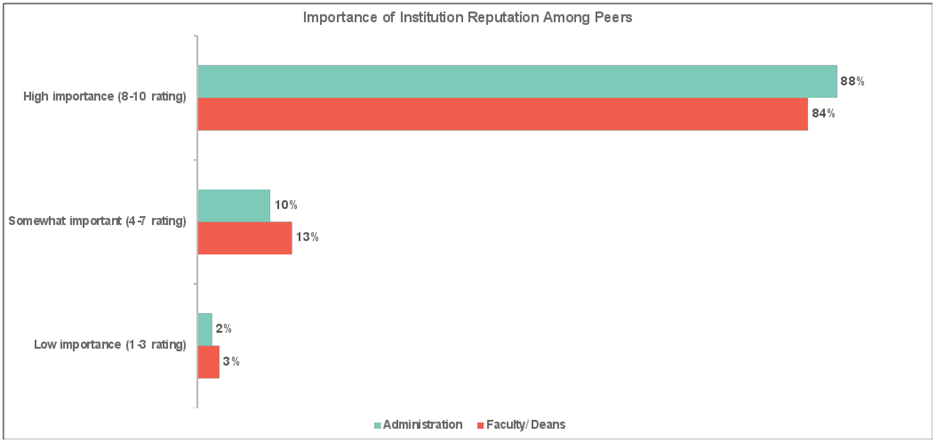Cats, Jammies & University Rankings
Education

In August, we post back to school pics.
In December, we post matching jammies pictures.
And at every possible moment, we ogle over baby, puppy and cat pictures.
But let’s not forget another must-post time period in higher ed: Rankings season. Like clockwork, each September (or earlier in the year for online programs) the posts start flying. #1 in this. Moved up 20 spots in that. Universities, chancellors, system offices, alumni, faculty and staff alike are tweeting, retweeting and posting bragging rights.
If you’re anything like me, this annual phenomenon stirs up opposing feelings. At one point, I’m happy. I see clients, friends and even my own alma mater celebrating their successes in a very public way. It’s a feel-good moment when lots of people have negative things to say about higher education.
But at the same time, I’m confused. Don’t we hear from university administrators and industry thought leaders that we shouldn’t regard rankings? That they’re flawed, misleading and outright dishonest. The U.S. Education Secretary himself said rankings based on prestige are “a joke.”
It’s fair to say that it’s inherent to the human condition to experience this duality. Feelings of happiness and sadness at once. Success and failure. Pride and embarrassment.
Patrick G. Maggitti, university provost at Villanova, puts it well: “We don’t play to the U.S. News ranking, but we’re not immune to looking at them. It’s increased our recognition in the marketplace.”
In BVK’s study “Influencing Peer Perceptions in Higher Education” of nearly 600 faculty, administrators and deans, our team looked to transcend such rankings and focus specifically on understanding perceptions surrounding peer reputation.
Does it matter?
What we heard back was a resounding YES.
In response to the question How important is the reputation of your institution among your peers in other educational institutions?, 88% of university administrators rated its importance “high.” That level of importance holds across both public and private universities within the top three Carnegie Classifications.

In the coming weeks, we will share highlights of our findings to help shape your university’s reputation. With a clear affirmation of peer reputation’s importance, we will call into question this position.
If you’re intrigued and want to dig deep into the research findings, reach out. Email me at [email protected] and we can talk about getting your core team up to speed on the content, channels and strategies for advancing your university’s peer reputation.
